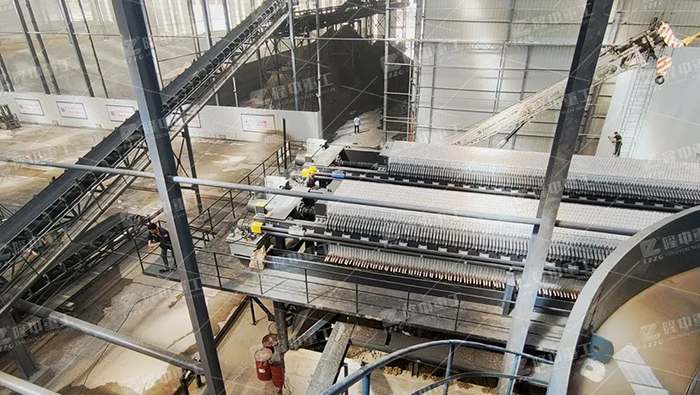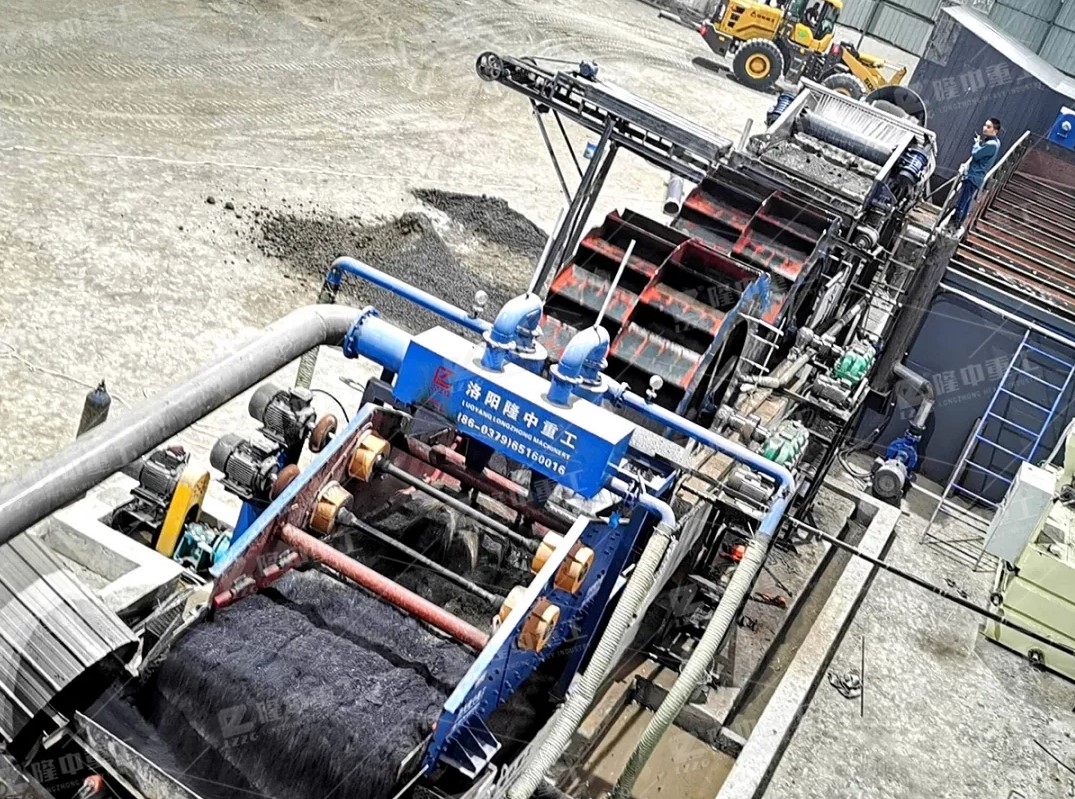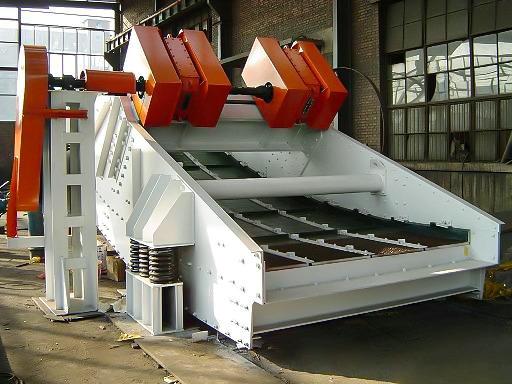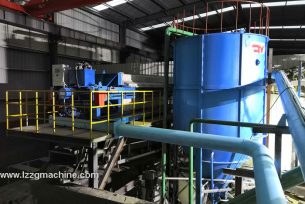Cause of sewage thickener filter press failure in coal washing plant
 May.10,2021
May.10,2021
The coal washing plant added magnesium chloride to the slime water to increase the hardness of the water quality, and successfully solved the problem of the decrease in the hardness of the washing water due to the change of coal quality, which caused the clarified water area of the thickener to show a fine mud cover, the pressure filter discharge cycle is too long, and the pressure is too long. The filter flushing and discharging time increases, the thickener does not have the problem of clear water layer, and the direct impact of the change in the hardness of the slime water on the flotation dewatering equipment is summarized.
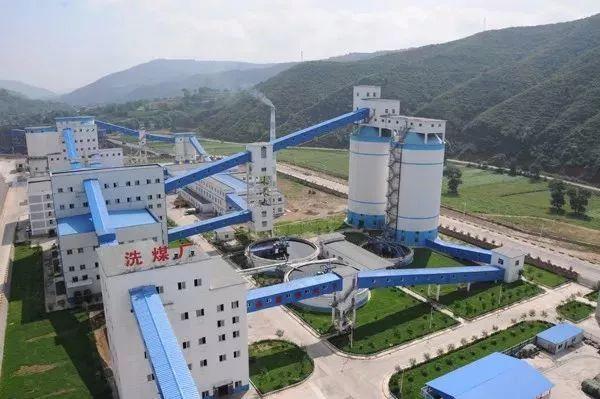
Wuyang Coal Mine’s heavy-medium flotation-type modular coal preparation plant has a design processing capacity of 3 million t/a. The main washing equipment adopts large-scale equipment imported from abroad and domestic assembly with imported components. It pays attention to the selection of single-system large-scale washing equipment and dispatching centralized control system. Fine slime flotation adopts two XJM-KS16 (16 m/4) models. Flotation machine. Two Meter Preffure Filter pressurized filters are used for the dewatering of fine coal. Two 250 m2 domestic quick-opening filter presses are used for tail coal processing; two D24m central transmissions are used for slime water treatment, which automatically lifts and concentrates efficiently. machine. High degree of automation, large production capacity, high washing efficiency and stable product quality.
Failure performance of coal washing plant
Since the factory was put into operation, the working condition of the equipment has been relatively stable. However, since the last few weeks, the flotation machine has become more and more serious. The start and stop are frequent, and the pressurized filter row is 8 times a day. The feed cycle has been increased from the original 100 seconds to 600 ~1000s. The filter press time of the tailings filter press has been increased by 40 ~ 60 minutes, and the material will not be loaded in severe cases. The clarified water of the tailings thickener is turbid, and the clarified water area has a thickness of more than 50 cm. Floating matter (fine-grained coal slime flocs), no clear water layer; washing water concentration is as high as 50 g/L (normal value is less than 17 g/L), production is forced to stop production up to 8 times/shift, and the washing volume per hour is not At 200 t/h, coal washing production has fallen into an extremely passive situation.
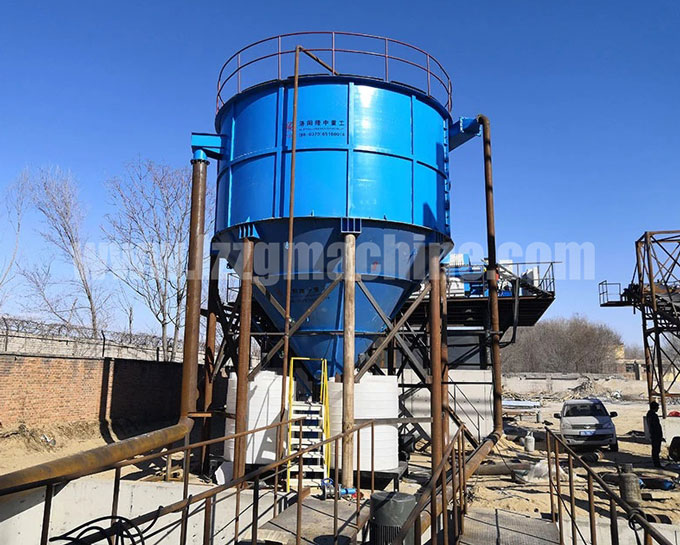
Sludge thickening, the cause of filter press failure
After adjusting the flotation machine, pressure filter, filter press, and changing the amount of polyacrylamide to reduce the hourly processing capacity, a series of conventional practices have not achieved results. It is preliminarily determined that the reduction in efficiency of flotation equipment and dehydration equipment is not a problem of the equipment itself. ; The post driver is still operating according to the conventional method, the operation method has not changed, and it can be concluded that it is not the operation of the personnel.
After analysis, it may be a water quality problem
Water hardness is a kind of water quality index reflecting the content of Ca2+ Mg2* in water. The hardness of water has a great influence on the flocculation and settlement of slime. The surface of slime particles in the slime water is mostly negatively charged. When the water hardness is small, the slime particles repel each other, and their suspended state is relatively stable without precipitation; when The hardness of water is greater, that is, when there are more calcium and magnesium ions, they can adsorb on the surface of the particles to reduce the potential of the surface of the particles, change the hydration of the particle surface, promote the aggregation of the particles, and lead to the separation of characteristics, forming a coarse, tight, and The flocs that are easy to settle can make all the suspended flocs settle and achieve the purpose of complete solid-liquid separation.


